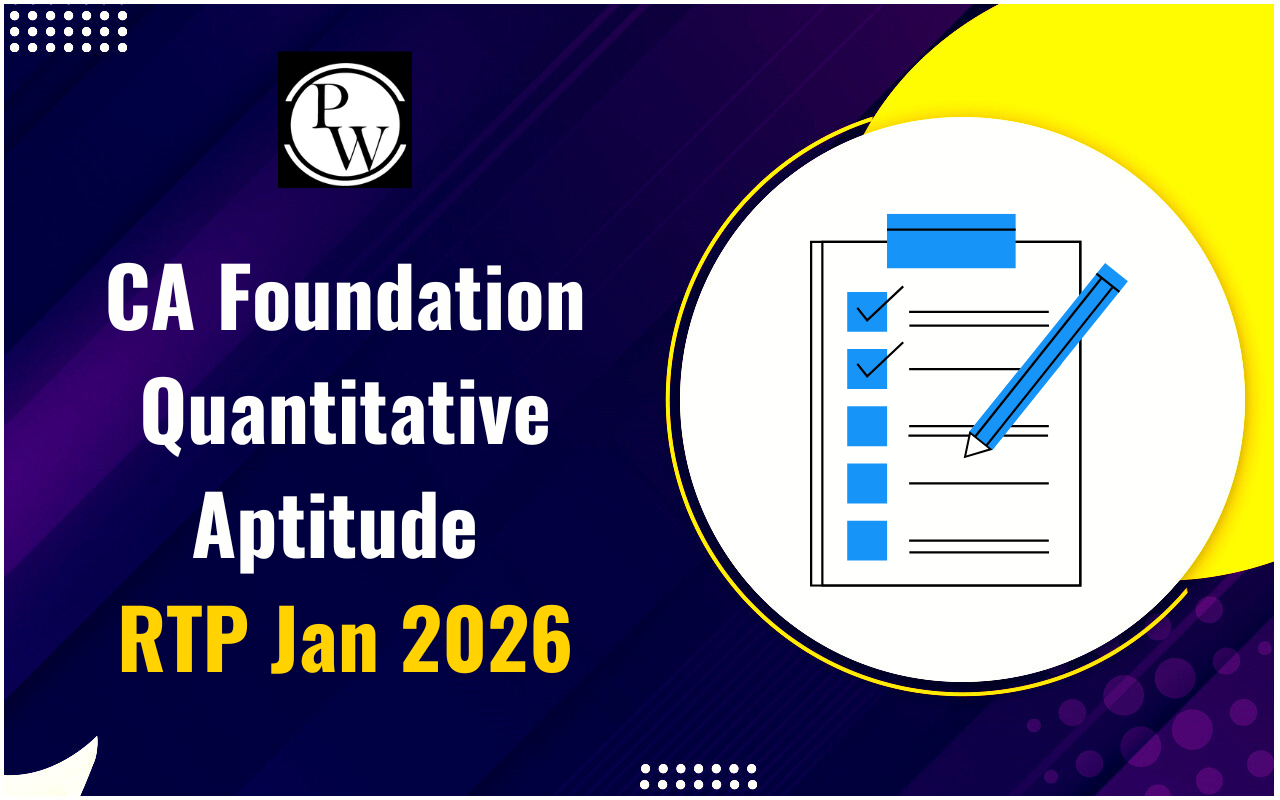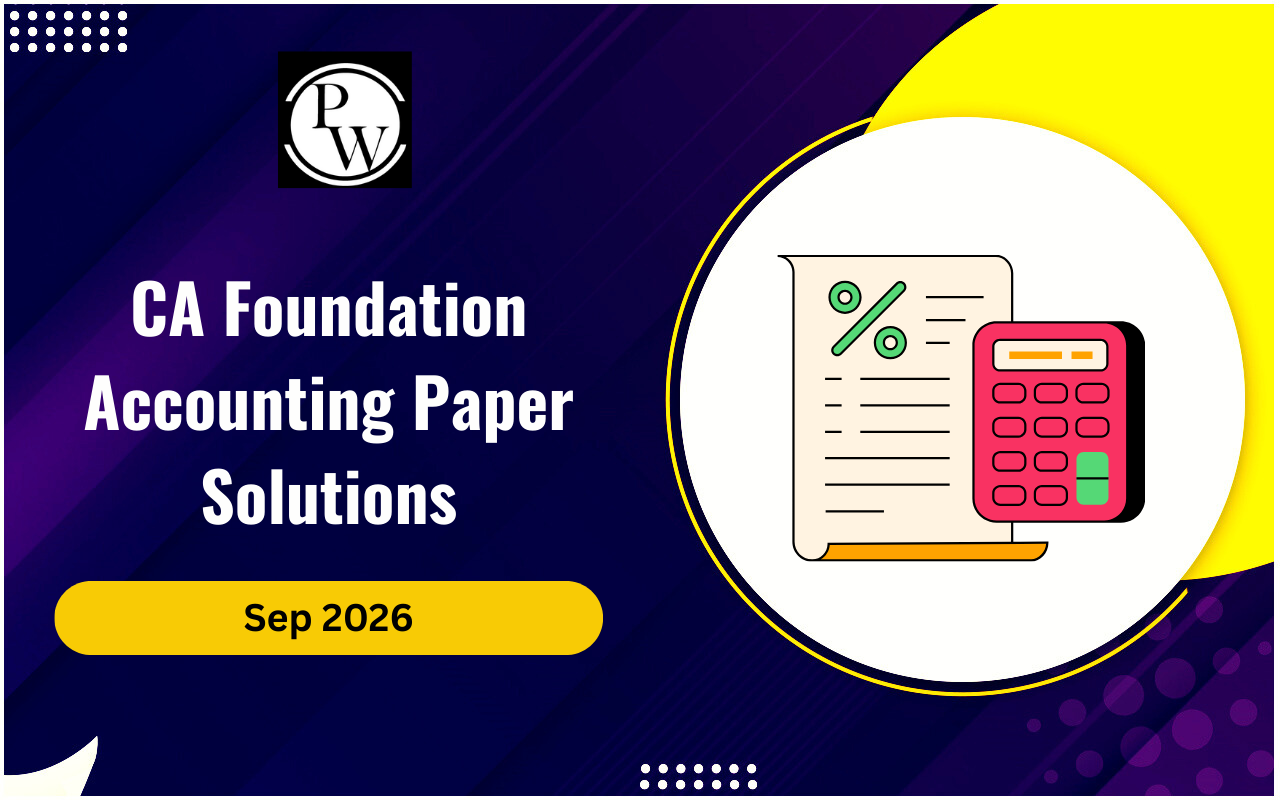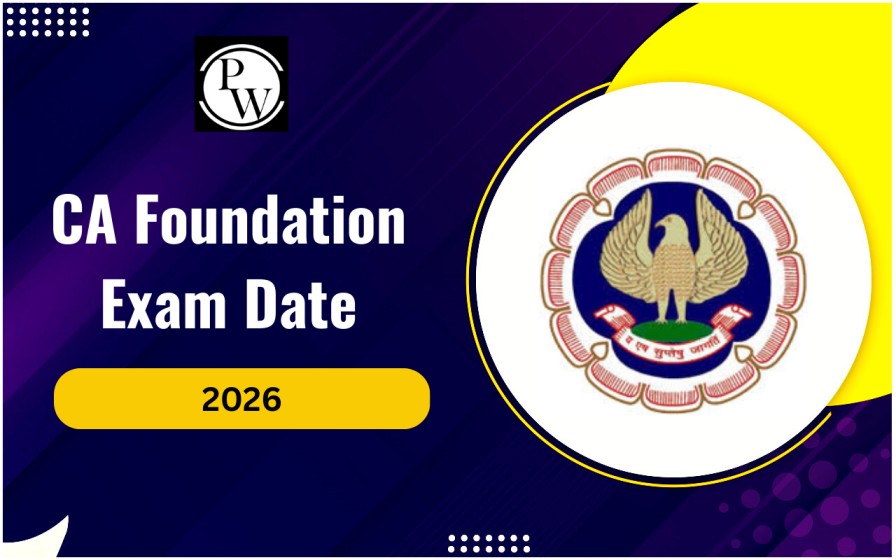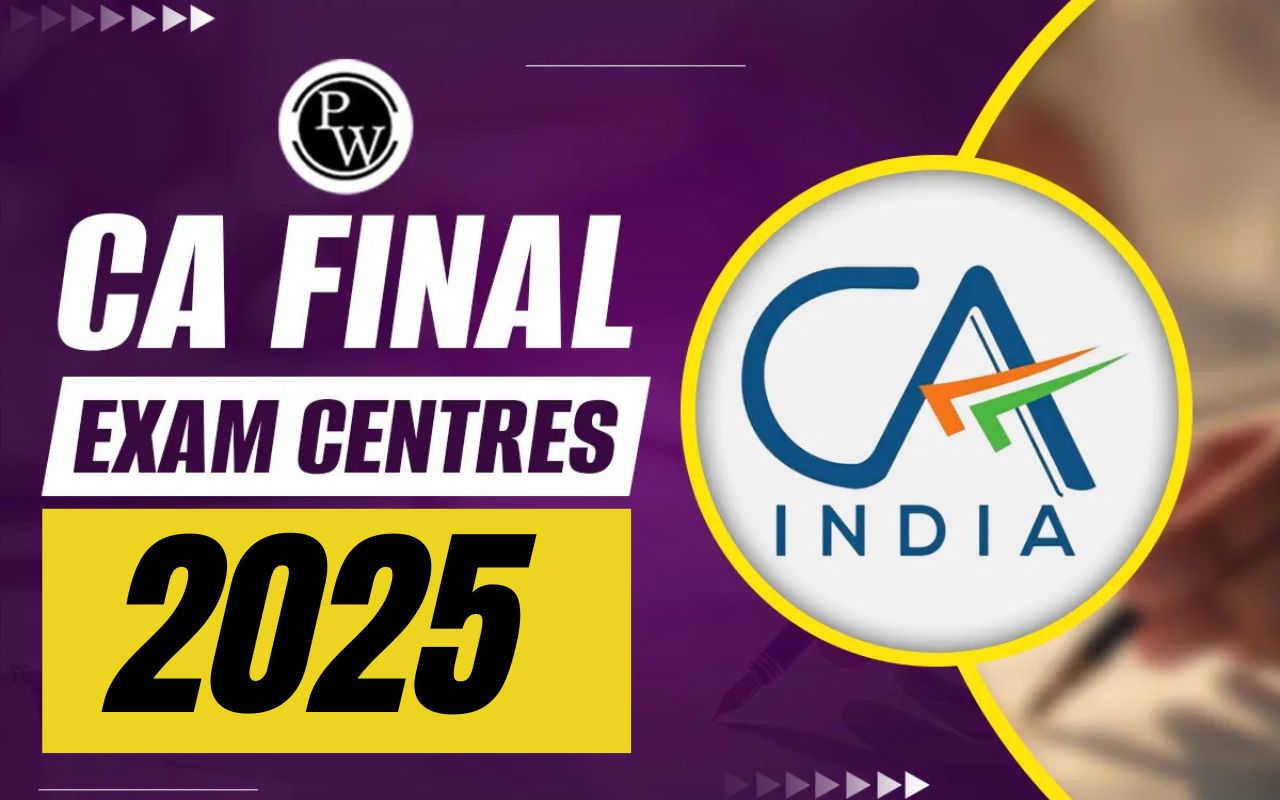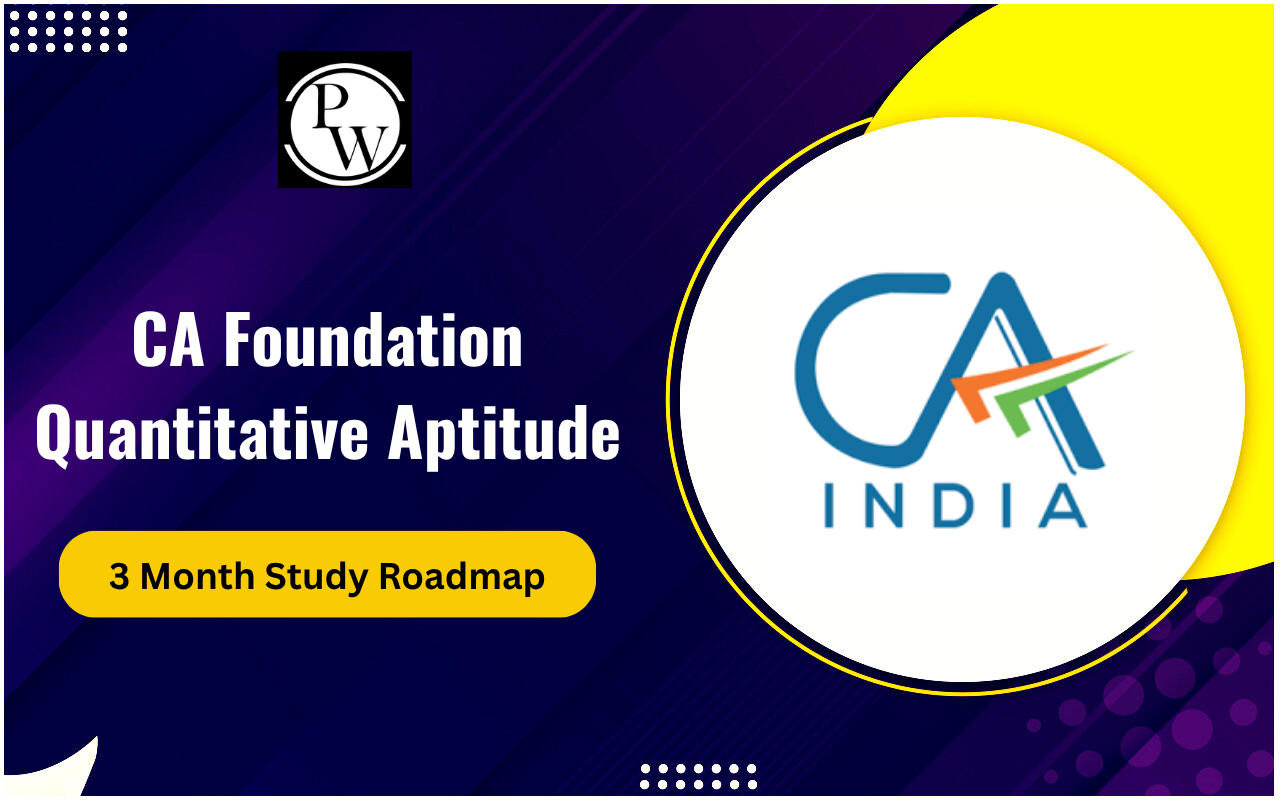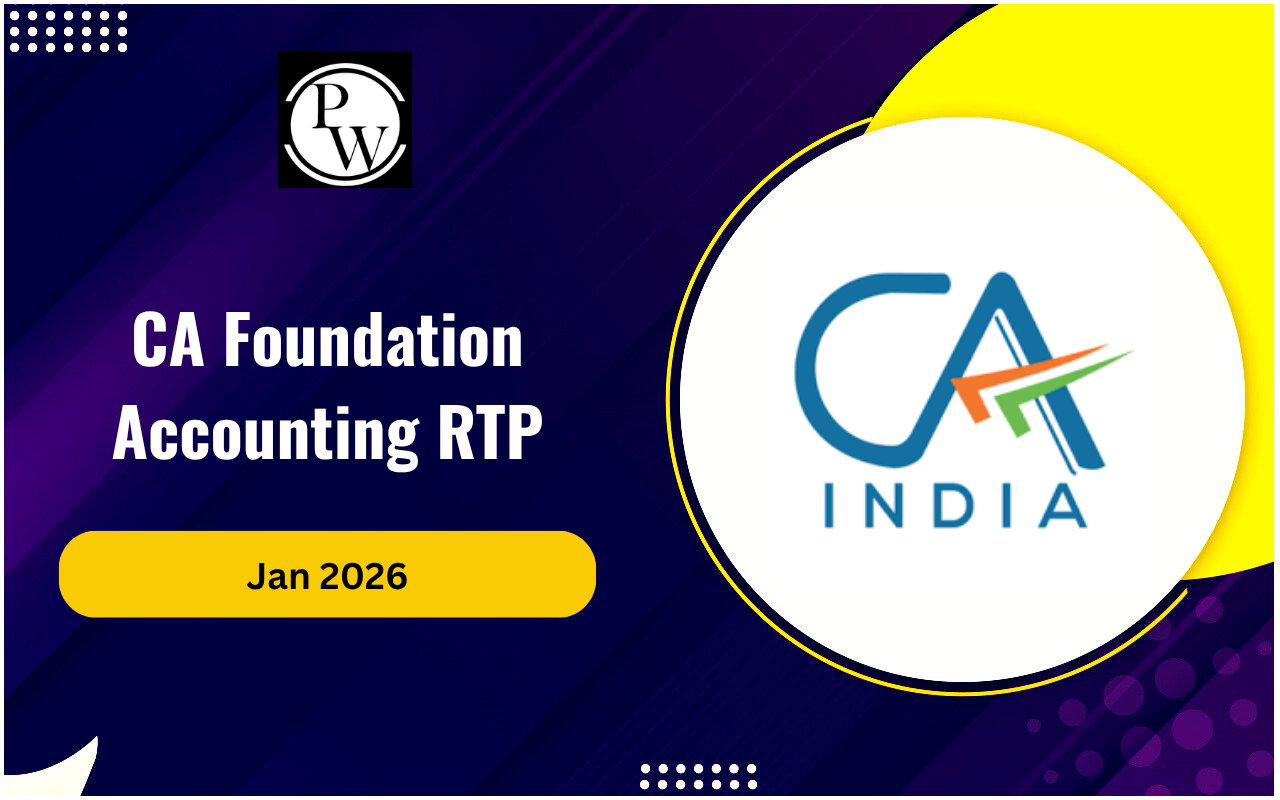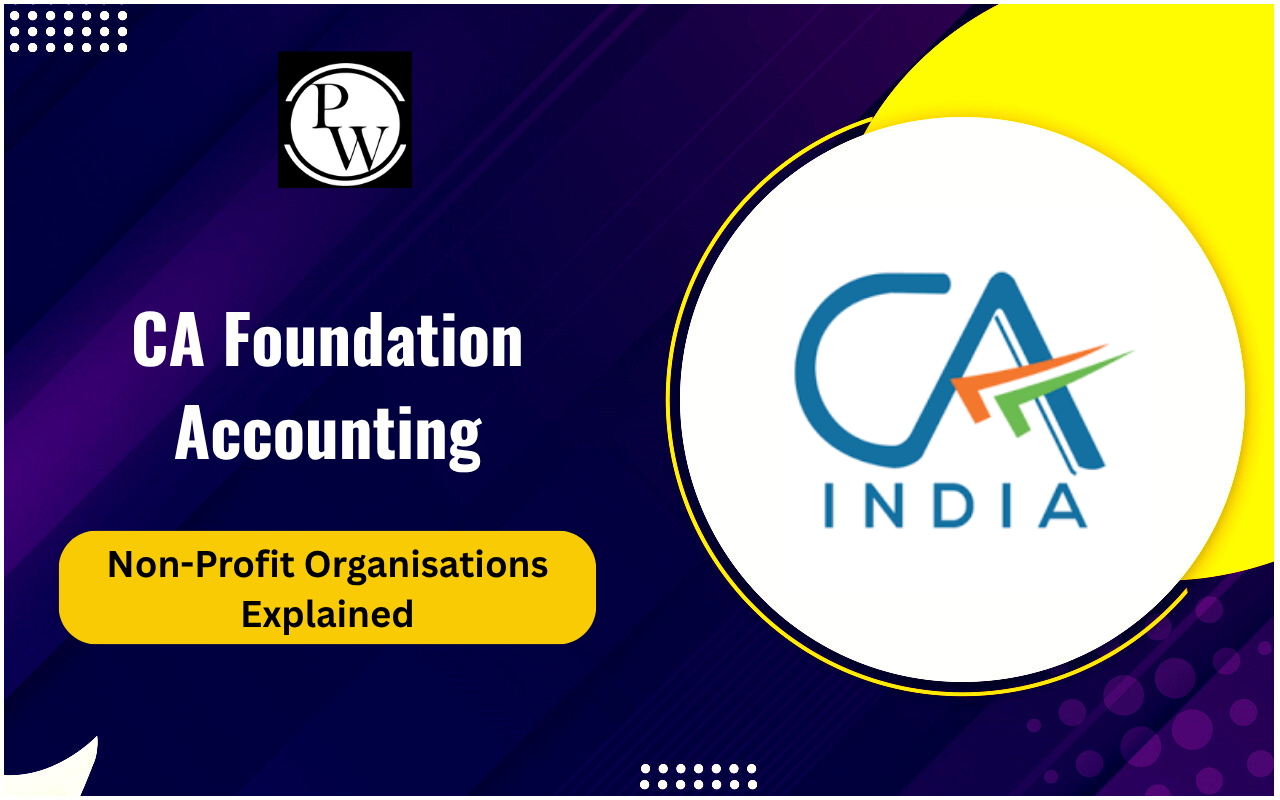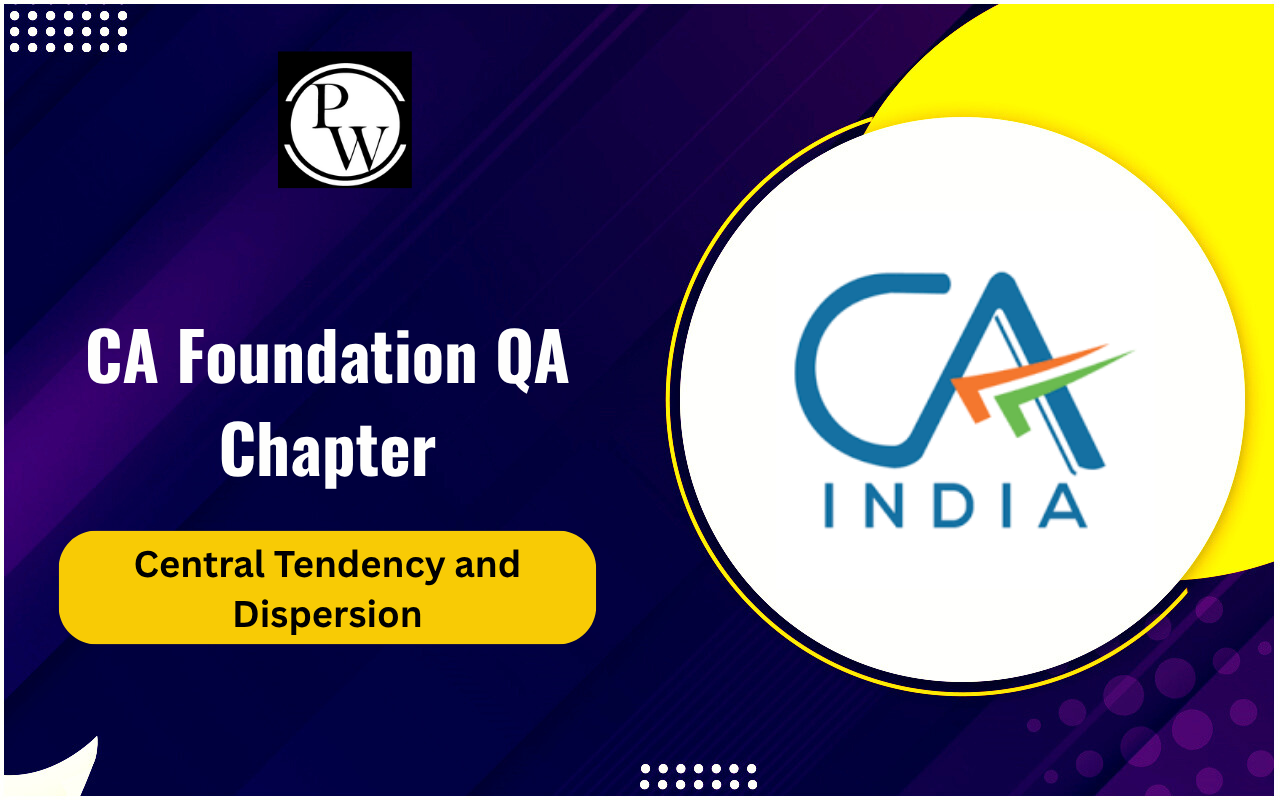
The CA Foundation May 2025 Business Laws exam has concluded, leaving students with a mix of relief and reflection. This paper, known for its intricate legal concepts and application-based questions, tested the depth of understanding and analytical skills of aspiring chartered accountants. In this Business Laws Exam Review, we delve into the exam's structure, student feedback, and strategies for future aspirants.
CA Foundation May 2025 Business Laws Exam Review
The CA Foundation May 2025 Business Laws exam, conducted by the Institute of Chartered Accountants of India (ICAI), maintained its reputation for challenging students' conceptual clarity and application skills. The paper comprised a balanced mix of theoretical questions and case studies, requiring students to not only recall provisions but also apply them to practical scenarios.
Students reported that while some questions were straightforward, others demanded a deeper understanding of the law. The absence of negative marking allowed candidates to attempt all questions without the fear of penalty, encouraging comprehensive responses. This Business Laws Exam Review indicates that the paper was designed to assess both knowledge and analytical abilities, aligning with the evolving standards of the CA curriculum.
CA Foundation Business Laws Exam Students Feedback
Post-exam discussions among students revealed varied experiences. One student mentioned, "1-2 questions were confusing. Direct questions were simple," highlighting that while the paper had its complexities, a solid grasp of the basics was beneficial.
Another student shared, "Paper was good, a little lengthy, but it all comes from concepts. Theory was tough but I attempted full case study questions," emphasizing the importance of conceptual clarity and time management.
These insights from our Business Laws Exam Review underscore the necessity for a strong foundational understanding and the ability to apply concepts effectively. Students who engaged in regular practice and focused on understanding the 'why' behind legal provisions found themselves better equipped to tackle the exam's challenges.
CA Foundation Business Laws Exam Section-Wise Analysis
Let’s break down the Business Laws Exam Review by examining each section and understanding how the questions were structured and how students reacted to them.
Indian Contract Act, 1872
This section formed the backbone of the paper, with questions testing the nuances of contract formation, enforceability, and breach consequences. Students encountered scenarios requiring the application of principles like offer and acceptance, consideration, and capacity to contract. A thorough understanding of these concepts was crucial for accurate responses.
Sale of Goods Act, 1930
Questions from this act focused on the transfer of ownership, conditions and warranties, and the rights of an unpaid seller. Case studies presented real-life commercial situations, demanding students to apply statutory provisions to determine legal outcomes. This section tested both memory and analytical skills.
Indian Partnership Act, 1932
This segment evaluated knowledge on the formation of partnerships, mutual rights and duties, and dissolution procedures. Students were expected to distinguish between types of partners and understand the implications of partnership agreements. The questions required precise application of the act's provisions to hypothetical scenarios.
Limited Liability Partnership Act, 2008
Although fewer questions appeared from this act, they were significant in assessing understanding of LLP formation, structure, and compliance requirements. Students needed to be familiar with the differences between traditional partnerships and LLPs, especially concerning liability and regulatory aspects.
Companies Act, 2013 (Basics)
This section introduced students to the fundamentals of company law, including types of companies, incorporation procedures, and basic compliance. Questions aimed to test the grasp of corporate structures and the legal personality of companies. A clear understanding of these basics was essential for accurate answers.
How to Prepare for CA Foundation Next Attempt?
Based on the insights from the Business Laws Exam Review, it’s clear that preparation strategies need to change for the better. The following is how you can plan your studies for the next attempt and ace it with confidence.
Understand the Syllabus and Exam Pattern
Begin by familiarizing yourself with the detailed CA Foundation Syllabus and the structure of the Business Laws paper. Knowing the weightage of each section helps in allocating study time effectively. Refer to the ICAI's official materials for accurate information.
Develop a Study Plan
Create a realistic and structured study schedule that covers all topics systematically. Allocate more time to complex areas and ensure regular revisions. Incorporate short breaks to maintain focus and avoid burnout.
Focus on Conceptual Clarity
Instead of rote memorization, aim to understand the underlying principles of each law. Use real-life examples to relate to legal provisions, enhancing retention and application skills. Discussing topics with peers or mentors can also provide new perspectives.
Practice with Past Papers and Mock Tests
Regularly solving previous years' question papers and taking mock tests under exam conditions can significantly improve time management and identify areas needing improvement. Analyze your performance to fine-tune your preparation strategy.
Seek Guidance and Clarify Doubts
Don't hesitate to seek help when concepts are unclear. Engage with teachers, join study groups, or participate in online forums dedicated to CA Foundation preparation. Clarifying doubts promptly prevents confusion during the exam.
CA Foundation Business Laws Exam Review FAQs
What was the overall difficulty level of the Business Laws paper in May 2025?
Which sections were most emphasized in the CA Foundation exam?
How important is practicing past papers for CA Foundation preparation?
How can I improve my performance in Business Laws case study questions?

